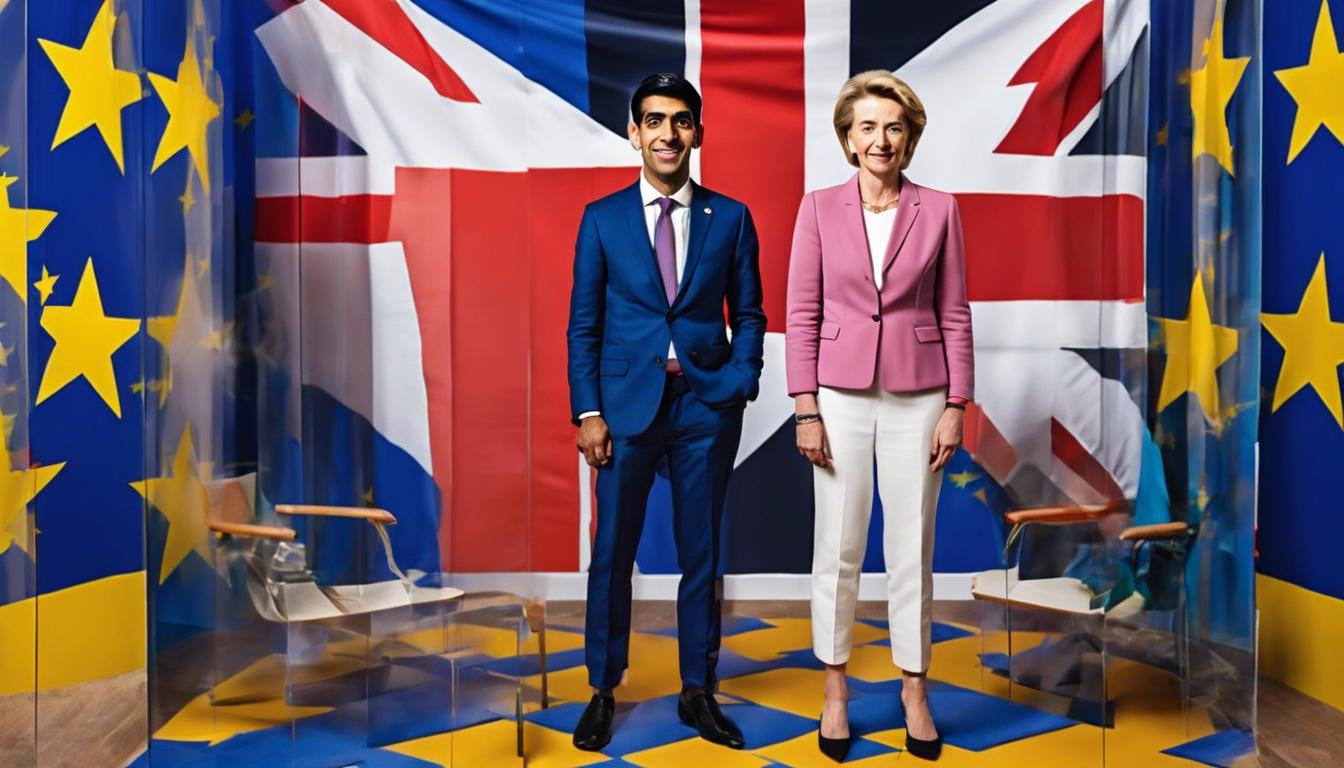Chancellor Rishi Sunak has turned down an EU proposal for a post-Brexit youth mobility scheme, aiming to fortify UK’s stance against free movement despite potential benefits for bilateral relations.
Chancellor Rishi Sunak has rejected a European Union proposal that sought to establish a post-Brexit youth mobility scheme to allow young Britons to live, work, or study in the EU for up to four years. This proposal, presented by European Commission President Ursula von der Leyen, was intended to enhance relations and foster mutual understanding between the UK and the EU. However, the UK government, maintaining its post-Brexit position against free movement, showed no intention of revising this stance.
The Labour Party also dismissed the proposal, indicating a desire to improve relations with the EU but within clear limits, especially concerning labour mobility. Discussions on the potential benefits of such a mobility scheme, such as economic enhancement and support for Labour’s decarbonisation plans, continue. Nevertheless, concerns persist about the long-term implications on the UK’s labour market.
Despite this, there still exists the possibility for the UK to form mobility agreements with individual EU member states. The overall discussions about the costs and benefits of youth mobility, along with rising Eurosceptic sentiments in the EU, are ongoing.
The proposal to the UK came as part of the EU’s efforts to address labour shortages witnessed in the UK post-Brexit, which were historically filled by EU nationals. While the UK has proposed bilateral deals with countries like Spain and Germany, the EU has pushed for a collective negotiation. This proposal also encompasses other challenging elements such as fees for EU students in the UK and working restrictions for UK citizens in the EU.
Meanwhile, EU and UK relations continue to evolve with the UK rejoining certain EU programs, although the UK has declined to re-enter the Erasmus student exchange programme citing cost issues. These developments underscore the complex and evolving relationship between the UK and the EU post-Brexit.













